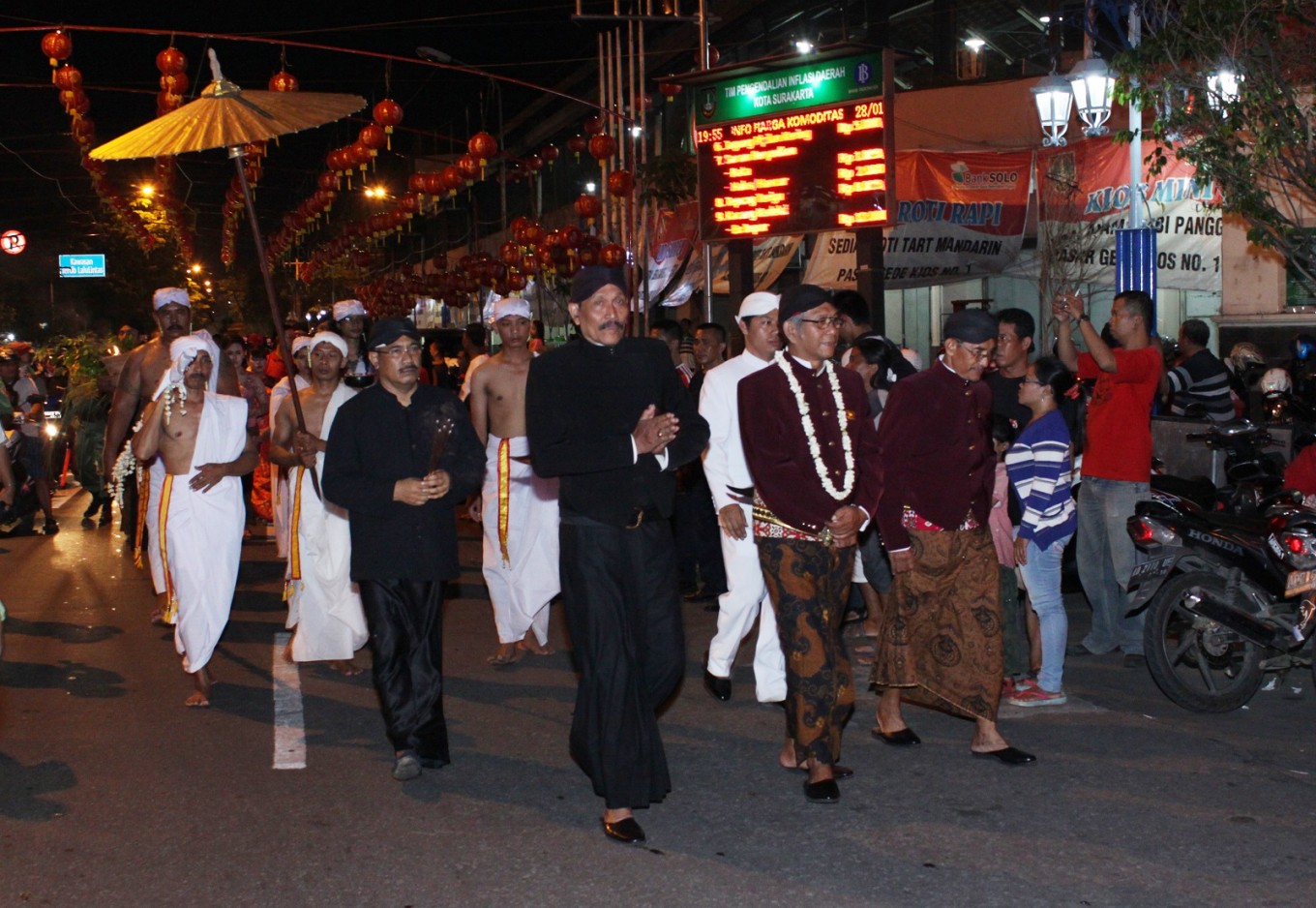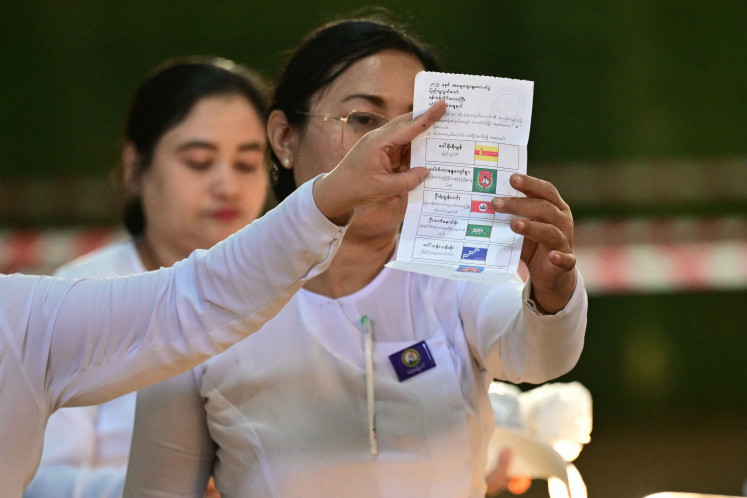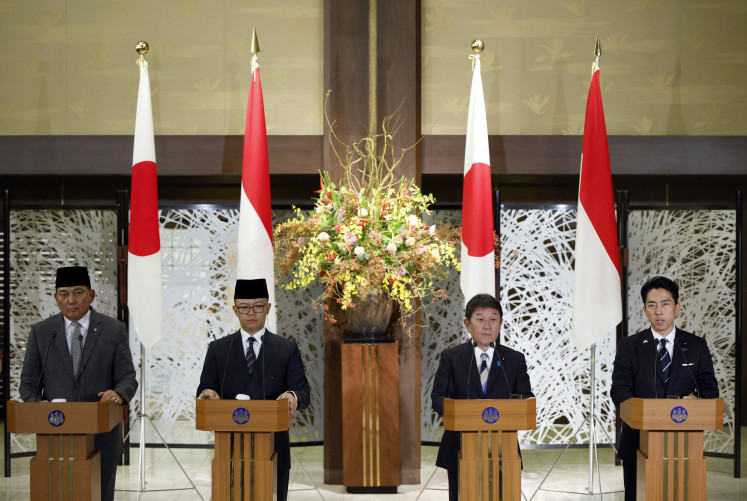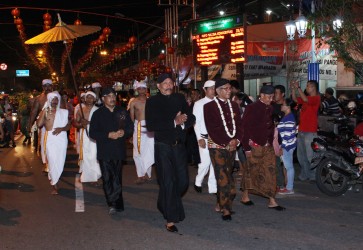Popular Reads
Top Results
Can't find what you're looking for?
View all search resultsPopular Reads
Top Results
Can't find what you're looking for?
View all search resultsASEAN needs intercultural and interreligious dialogue
A shared history of religious and cultural harmony among ASEAN member states provides a strong foundation for both economic growth and security assurance in Southeast Asia.
Change text size
Gift Premium Articles
to Anyone

From a cultural and religious perspective, ASEAN is a complex and pluralistic society, but it has strong historical roots of harmony. Despite the significant differences in cultural expressions among its 10 member states plus Timor-Leste, these countries share a long history of spiritual, religious and cultural dynamics that are in sync with each other.
ASEAN is also distinguished by the different religious beliefs between mainland Southeast Asia in the north and archipelagic Southeast Asia in the south. Mainland countries like Myanmar, Laos, Vietnam, Cambodia and Thailand are predominantly Buddhist, while the Philippines and Timor-Leste are largely Catholic. The archipelagic countries further south are mostly Islamic, covering Indonesia, Malaysia and Brunei Darussalam as well as the southern parts of the Philippines and Thailand, with the exception of Singapore in the middle, where the majority is Tao.
Lest we forget, ASEAN Community Vision 2025 envisages “a dynamic and harmonious community that is aware and proud of its identity, culture and heritage”, which will typify the region as a sociocultural community.
Indonesia’s largest Muslim organization Nahdlatul Ulama (NU), in cooperation with the Foreign Ministry, will host the ASEAN Intercultural and Interreligious Dialogue Conference (ASEAN IIDC) 2023 on Aug. 7. Not only does this event take advantage of Indonesia's ASEAN chairmanship, but it will also serve as a logical continuation of the country’s previous hosting of international events, such as the Group of 20 Religious Forum (R20) in early November 2022 and the Muktamar Fiqh Peradaban (Conference on the Fiqh of Civilization) at the peak of NU's centenary celebration, which fell in February 2023 according to the Hijri calendar.
While Indonesia's ASEAN chairmanship has adopted the tag line "ASEAN Matters: Epicentrum of Growth", ASEAN IIDC bears the theme "ASEAN Shared Civilization Values: Building Epicentrum of Harmony to Foster Peace, Security and Prosperity".
That economic growth requires security and stability has become an axiom. However, security and stability are not only about physical and military aspects, but more importantly, also concern social and political harmony in civil society and the rising role of religion as a soft power in global diplomacy. Religious and cultural harmony provides a strong foundation for both economic growth and security assurance.
ASEAN IIDC 2023 aims to draw inspiration from a long history of harmony promoted by Ashoka, a king who lived in India three centuries before Christ and whose tradition has become the basis of religious and cultural values concerning respect for humanity and peace in the ASEAN region.



















